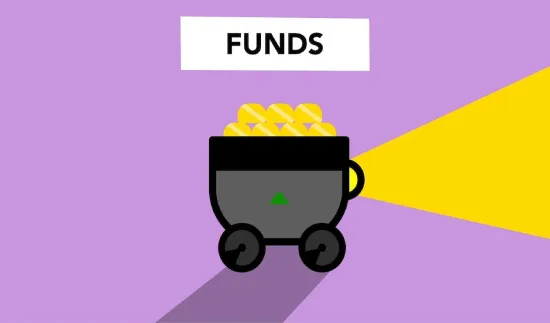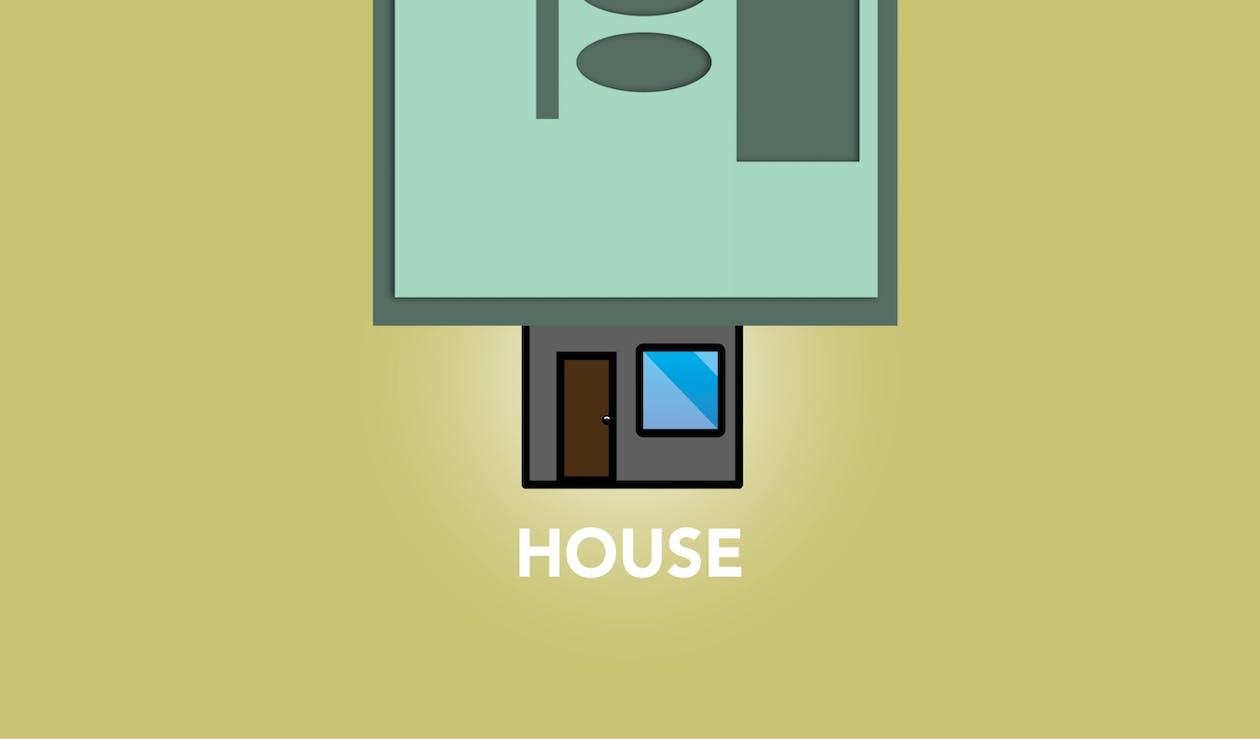REBNY stands for Real Estate Board of New York. It’s a trade association that has been around for over a century. REBNY represents the interests of real estate professionals in New York, primarily agents and brokers. As an entity, REBNY may be of no concern to you as a homeowner (or prospective homeowner), but you should know about the REBNY statement because you will most likely be submitting one when you make an offer.
What is a REBNY Statement?
A REBNY statement, also called REBNY financial statement or REBNY form, is a financial statement that provides an overview/a snapshot of your finances to the reader. It’s a high-level summary of your financial standing that has become a standard part of most co-op applications. The board can use this statement to determine whether you are a financially viable candidate to buy into the buildings. It’s rare, but a condo board may also ask you to submit a completed REBNY financial statement.
A REBNY statement is not a legal requirement. Instead, it’s the standard industry practice, especially for co-op purchases. A co-op board needs to ensure that new buyers are financially stable enough to maintain their monthly maintenance payments and can afford to pay for the building’s additional expenses like renovations or repairs not covered by the maintenance (assessment). A REBNY statement offers them a quick way to evaluate the financial standing of potential buyers, though they may dig deeper into these finances at a later stage.
Elements of a REBNY Statement
While REBNY statement formats differ from one another in structure and detail, there are four core elements in all REBNY statements. For all these elements, you must provide accurate information about yourself (the applicant) and the co-applicant. From the perspective of a REBNY statement, your and your co-applicant’s finances will be collectively evaluated. It’s important when your finances do not meet the co-op’s requirements.
Assets
You have to list the total value of all your liquid and fixed assets, starting with cash. This will mostly consist of your down payment and any savings you have on hand, not tied up in retirement accounts. Your savings in retirement accounts and plans like 401k, KEOGH, and other plans have their dedicated categories.
You also have to offer information regarding your own and your co-applicant’s investments in money market funds, bonds, and stocks. Personal property, furniture, and vehicles are also part of your assets (even if you are still paying them off). You also have to declare your life insurance’s cash surrender value since that’s all you will get if you terminate it before maturity. If you have a business, your financial stake in the business is also part of your assets.
Collectively, the assets are the sum total of your net worth. The REBNY statement is not comprehensive enough to take into account luxury assets like yachts, collectibles, crypto/NFT investments, etc., but you can declare them in the “others” category if you want to be fully transparent or make a strong case for your financial standing in front of a co-op board.
Liabilities
You have to report your long-term liabilities like notes payable (loans) and short-term liabilities like accounts payable. Most REBNY statements differentiate between different types of note payables by different lenders (banks, relatives, and others). Installments are calculated in a separate category. You also have to declare any other mortgage you have, your credit card debt, and if you still have any unpaid taxes.
These liabilities give the co-op board a good idea of how strong or precarious your financial position is. If your financial liabilities are too close to your net worth or if they are not adequately spread out, you may be considered a financially weak candidate.
Monthly Income
You have to break down and outline your income by segments in the monthly income segment. You have to mention your regular income (fixed), bonuses and commissions (variable), overtime, dividend and interest income (fixed), and real estate income. Note that most REBNY forms don’t differentiate between business income and salary. If you are a freelancer and or contractor with variable income, you may consult your agent on how to convey your income in a favorable light.
Monthly Expenses
The monthly expenses include the mortgage you will be paying, co-op maintenance, personal loans, and auto loans.
Collectively, monthly income and monthly expenses are used to calculate your DTI ratio to see if it matches the co-op threshold. Many REBNY statements also include alimony and child support, but they are mentioned separately and not with your regular monthly expenses or your liabilities. Then there are separate segments for itemized details of your assets and liabilities. This includes details about your real estate assets, stocks and bonds, and liabilities like loans.















